The Six Systems of Indian Philosophy
₹796.00
| Author | Friedrich Max Muller |
| Publisher | Bharatiya Vidya |
| Language | English |
| Edition | 2023 |
| ISBN | 978-93-95392-15-0 |
| Pages | 478 |
| Cover | Hard Cover |
| Size | 13 x 4 x 20 (l x w x h) |
| Weight | |
| Item Code | TBVP0221 |
| Other | Dispatched in 3 days |
10 in stock (can be backordered)
CompareDescription
The Six Systems of Indian Philosophy WHILE in most countries a history of philosophy is inseparable from a history of philosophers, in India we have indeed ample materials for watching the origin and growth of philosophical ideas, but hardly any for studying the lives or characters of those who founded or supported the philosophical systems of that country. Their work has remained and continues to live to the present day, but of the philosophers themselves hardly anything remains to us beyond their names. Not even their dates can be ascertained with any amount of certainty. In Greece, from the earliest times, the simplest views of the world and of the destinies of man, nay ev popular sayings, even maxims of morality and worldly wisdom, and wise saws of every kind, even though they contained nothing very original or personal, were generally quoted as the utter- ances of certain persons or at least ascribed to certain names, such as the Seven Sages, so as to have something like a historical background.
We have some idea of who Thales was, and who was Plato, where and when they lived, and what they did; but of Kapila, the supposed founder of the Sâmkhya philosophy, of Patangali, the founder of the Yoga, of Gotama and Kanada, of Badara- yana and Gaimini, we know next to nothing, and what we know hardly ever rests on contemporary and trust- worthy evidence. Whether any of these Indian philosophers lived at the same time and in the same place, whether they were friends or enemies, whether some were the pupils and others the teachers, all this is unknown to us, nor do I see any chance of our ever knowing more about them than we do at present. We read that Thales warned King Croesus, we are told that Empedocles finished his days by throwing himself into the flames of Aetna, we know that Socrates drank poison, and that Anaxagoras was the friend of Pericles, but there is nothing to connect the names of the ancient Indian philosophers with any historical events, with any political characters, or with dates before the time of Buddha.
It is quite true that every literary composition, whether in prose or in poetry, presupposes an individual author, that no poem makes itself, and no philosophical system is elaborated by the people at large. But on the other hand, no poet makes himself, no philosopher owes everything to himself. He grows from a soil that is ready made for him, and he breathes an intellectual atmosphere which is not of his own making. The Hindus seem to have felt this indebtedness of the individuals to those before and around them far more strongly than the Greeks, who, if they cannot find a human author, have recourse even to mythological and divine personages in order to have a pedestal, a name, and an authority for every great thought and every great invention of antiquity. The Hindus are satisfied with giving us the thoughts, and leave us to find out their antecedents as best we can.

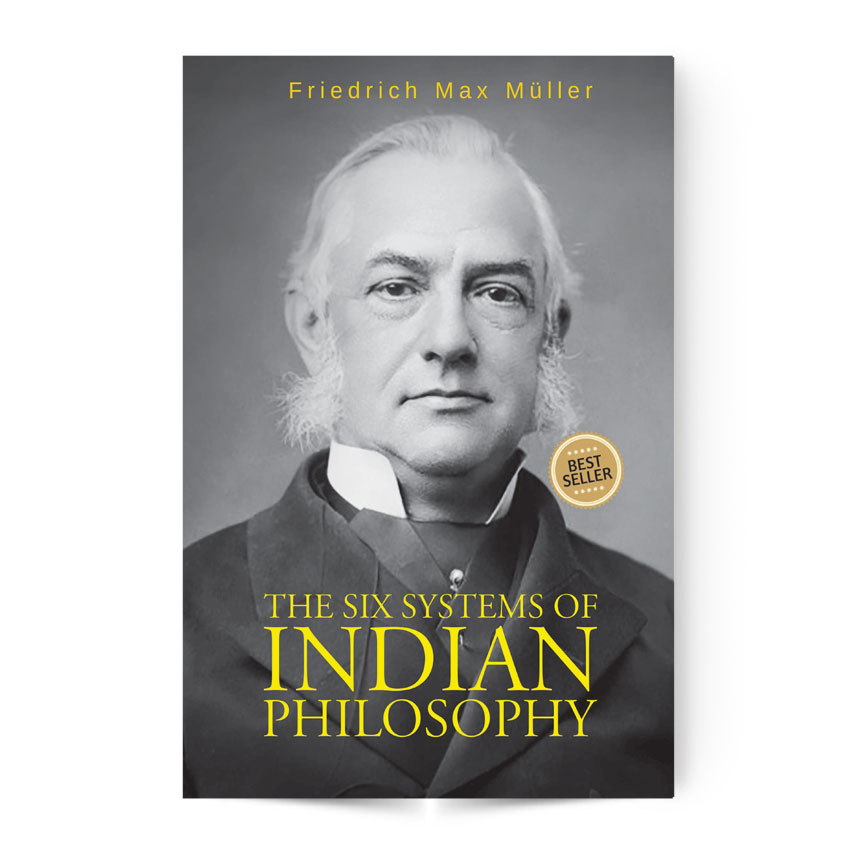
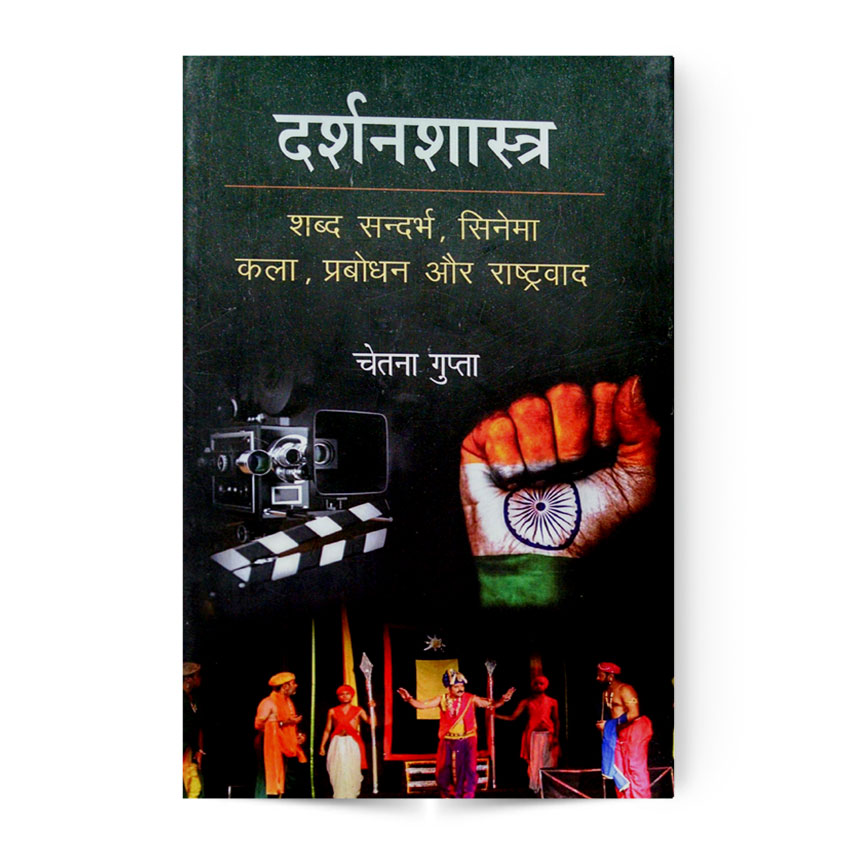
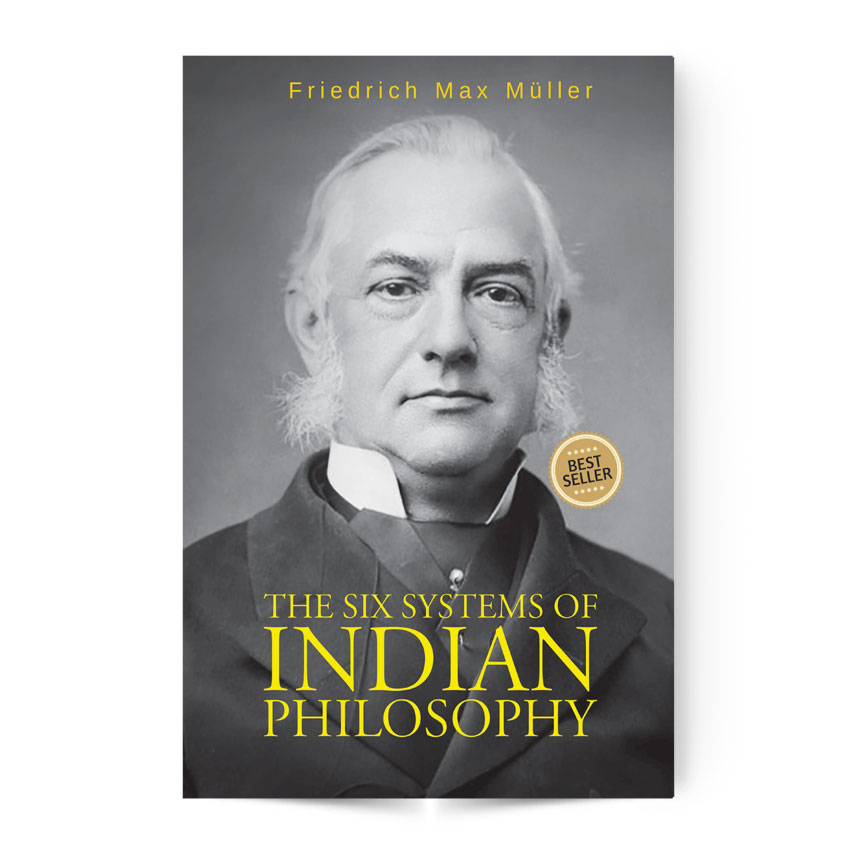

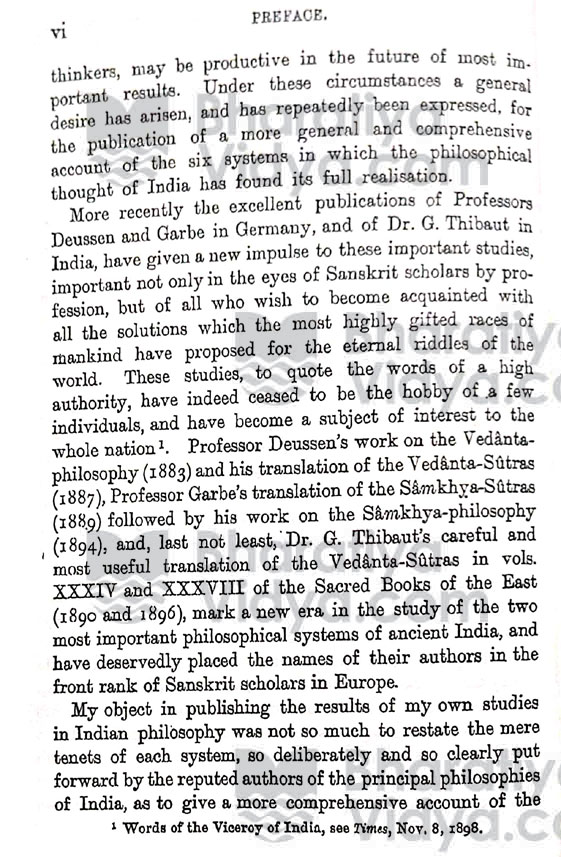
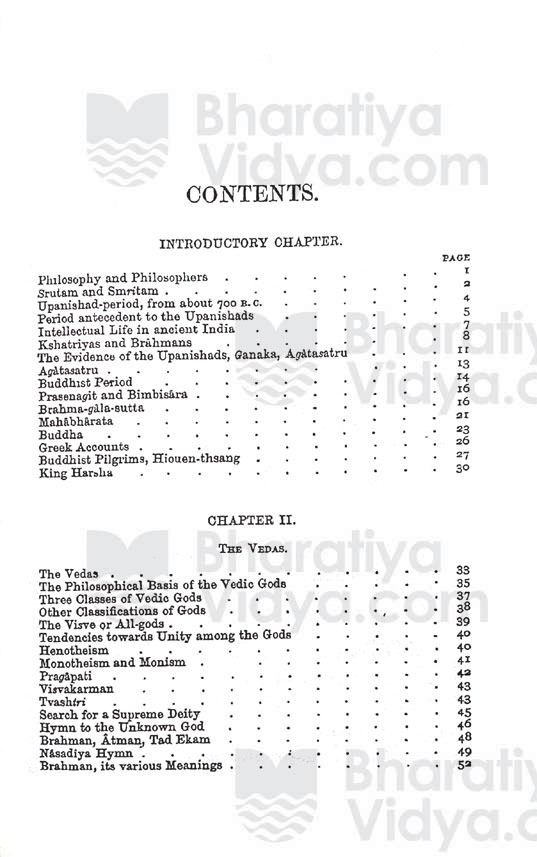
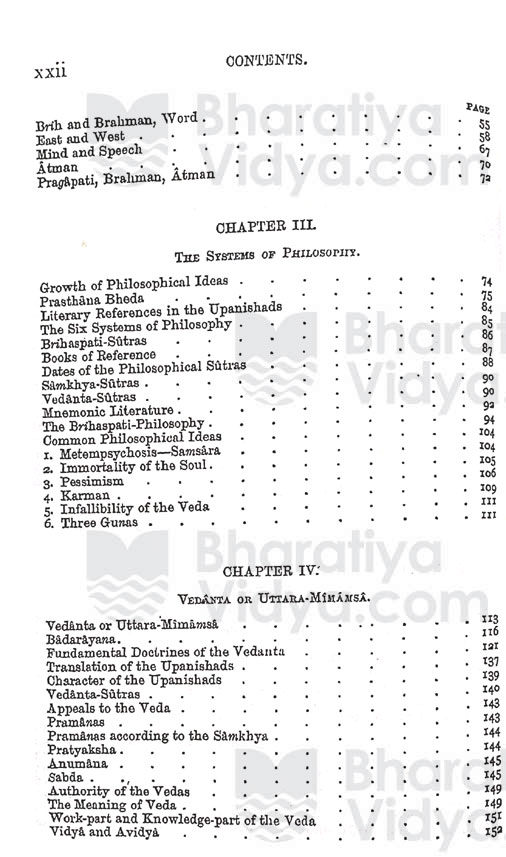

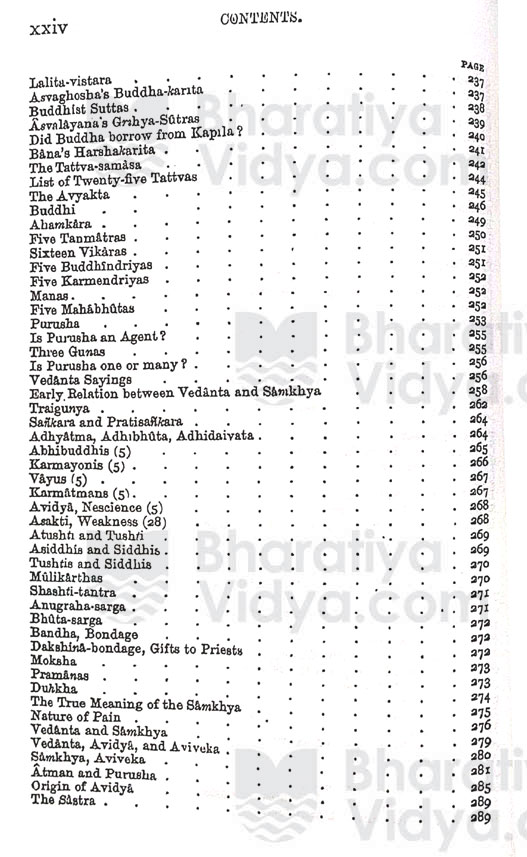
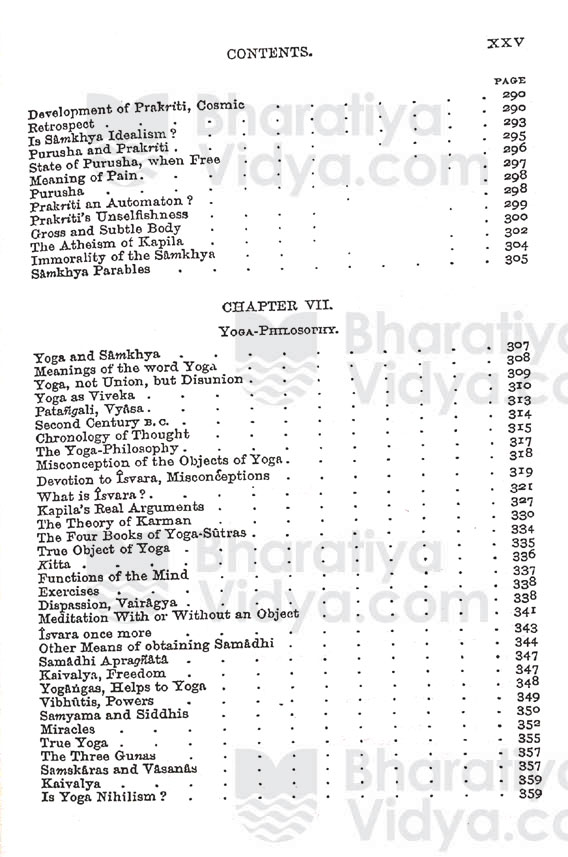
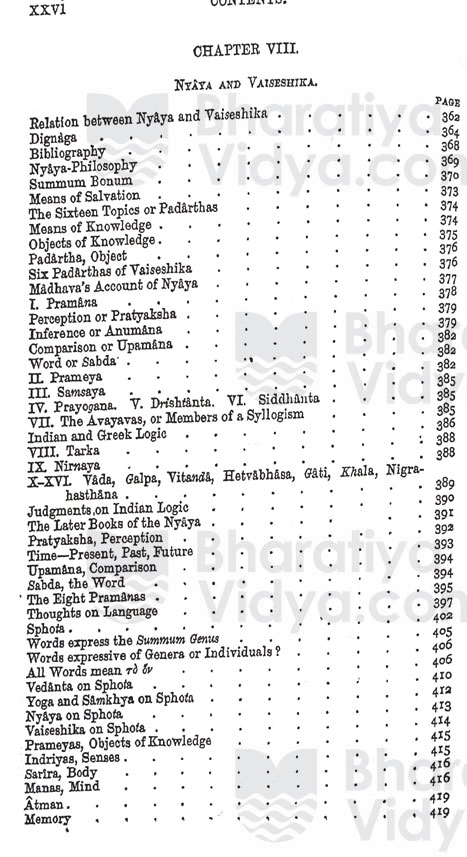


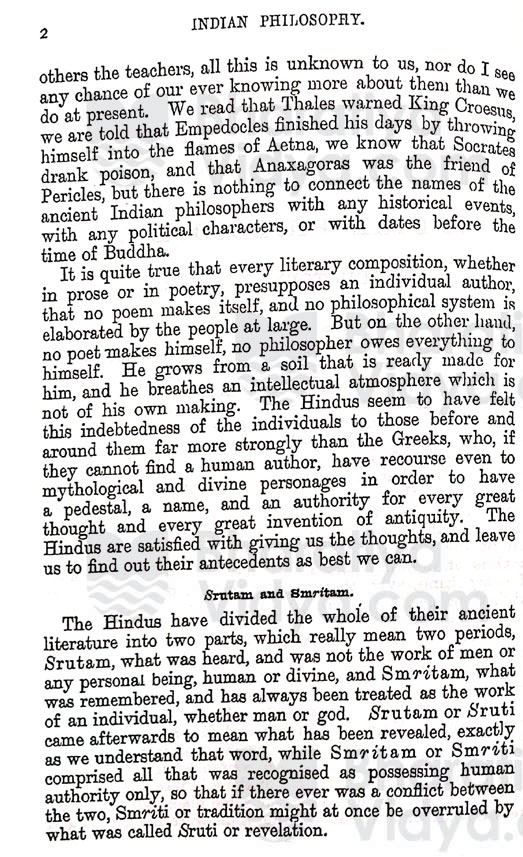
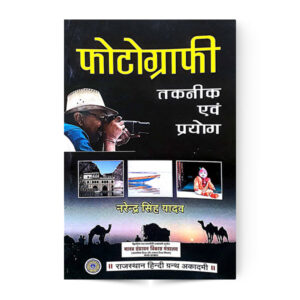
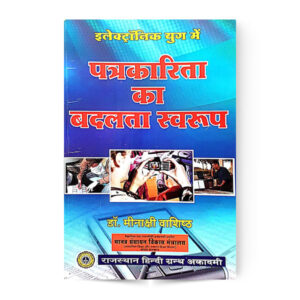
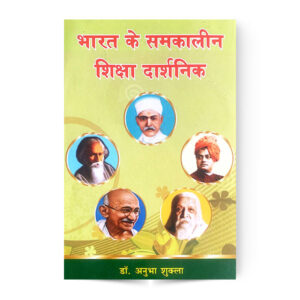
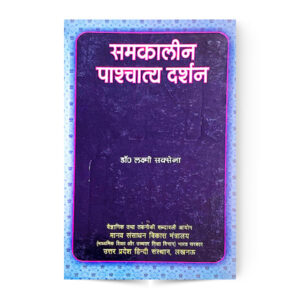
Reviews
There are no reviews yet.